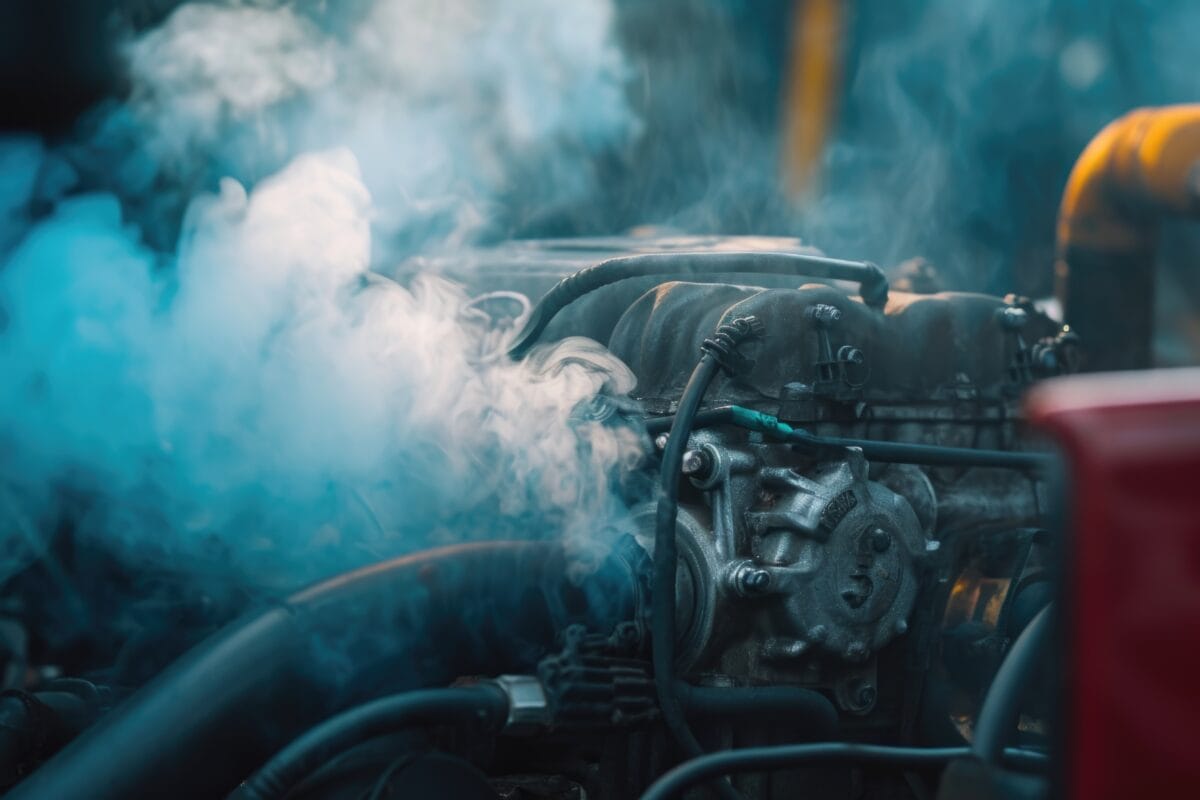Understanding Car Overheating: What to Do When Your Vehicle’s Temperature Rises
What Causes Your Car to Overheat?
Car overheating can be caused by various factors, and understanding these causes is crucial in preventing potential damage to your vehicle. Some common causes of car overheating include:
Engine Coolant Issues
One of the primary causes of car overheating is a low or inadequate level of engine coolant. Coolant, also known as antifreeze, plays a vital role in regulating the temperature of the car engine. When the coolant level is low, the engine is more susceptible to overheating.

Cooling System Leaks
Leaks in the cooling system can lead to a loss of coolant, resulting in overheating. These leaks can occur in the radiator, hoses, water pump, or even the head gasket. It’s essential to regularly inspect the cooling system for any signs of leakage to prevent overheating issues.
Thermostat Problems
A malfunctioning thermostat can disrupt the engine’s cooling process by either getting stuck in the closed position or failing to open at the right temperature. This can lead to a buildup of heat within the engine, causing it to overheat.
Car Overheating Warning Signs
Recognizing the warning signs of car overheating is crucial for taking prompt action to prevent further damage. Some common warning signs include:
Dashboard Temperature Gauge
Keep an eye on the temperature gauge on your dashboard. If it starts to indicate a higher-than-normal temperature, it’s a clear indication that your engine is overheating.
Steam or Smoke from the Engine
Visible steam or smoke coming from the engine compartment is a definite sign of overheating. If you notice this, it’s important to address the issue immediately to prevent any potential damage.
Strange Smells or Sounds
A sweet smell of coolant or unusual sounds coming from the engine can also indicate overheating. If you notice any of these signs, it’s crucial to pull over and address the issue promptly.

What to Do When Your Car Overheats
If you notice any of the warning signs of car overheating while driving, it’s essential to take immediate action to prevent any damage to your vehicle. Here’s what you should do:
Pull Over Safely
As soon as you notice the signs of overheating, safely pull over to the side of the road or into a parking lot. Continuing to drive with an overheating engine can cause severe damage.
Turn Off the Engine
Once you’ve pulled over, turn off the engine immediately. This will help reduce the temperature and prevent further overheating.
Allow the Engine to Cool Down
After turning off the engine, open the hood to allow the heat to dissipate more quickly. It’s crucial to wait until the engine has completely cooled down before attempting to address the issue or continue driving.
Preventing Your Car From Overheating
Preventive maintenance is key to avoiding car overheating issues. Here are some essential preventive measures:
Regular Maintenance
Adhering to your car’s recommended maintenance schedule, including regular inspections and tune-ups, can help prevent overheating issues.
Checking Coolant Levels
Regularly check the coolant level and top it up as needed. It’s also essential to ensure that the coolant is clean and free from any contaminants.
Inspecting the Cooling System
Periodically inspect the cooling system for any leaks, damage, or signs of wear. Addressing any issues promptly can prevent potential overheating problems.
Car overheating can be a concerning issue, but being aware of the causes, warning signs, and preventive measures can help you effectively manage and prevent overheating problems. By staying proactive with your car’s maintenance and being attentive to any warning signs, you can ensure a smooth and safe driving experience while avoiding the potential consequences of engine overheating. Remember, if you ever encounter persistent overheating issues, seeking professional assistance from a reputable auto service center, such as City Tire we provide car maintenance, oil changes, and much more.

 Find a Location Near You
Find a Location Near You